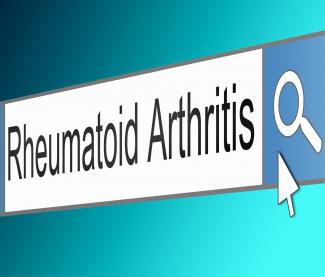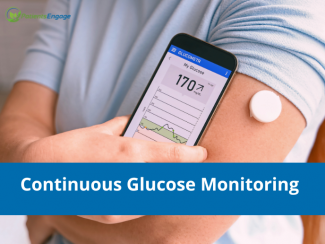
When I was first diagnosed with RA, I remember reading an article that said “sometimes having arthritis means sitting on the sidelines while others dance at a wedding.” I was only 25 and, at the time, unmarried. I remember angrily thinking: but what if it’s my wedding?
I have often been frustrated by the lack of good advice, resources, stories, and support for people diagnosed with RA at a young age. Though I am now happily married (and danced at my own wedding!) one topic I have found to be particularly lacking is advice about how to start a family while living with RA. I have been very lucky – I now have a two-year-old son and another on the way. I really hope sharing my experiences and advice can help others who find themselves trying to start families and navigate life with RA at the same time.
Medications
If you want to start a family, start by talking to your rheumatologist. Unfortunately, most RA medications are not safe to take while pregnant (or nursing), and some need ample time to leave your body before it is safe to conceive. It is never easy to stop taking the medications you depend on to function, so it is especially important that your partner understands the sacrifice you are making for your family and can provide you with extra support.
Conception
Contemplating intercourse while dealing with untreated RA can seem like an overwhelming task, so it may help to plan ahead. You can greatly increase your chances of conception by understanding your cycle and learning when you ovulate, but even with careful timing conception can still take time. It is important to remain as patient and optimistic as you can – and try to have fun!
Pregnancy
The good news is that many women experience improvement in their RA symptoms while pregnant, ordinarily starting in the second trimester. Unfortunately, pregnancy comes with its own set of unpleasant symptoms, so even if you experience some RA remission you may still find yourself tired and sore. Talk to your doctor about options for pregnancy-safe pain relief. I like to take warm baths with Epsom salts and get prenatal massages.
Motherhood
Motherhood is a whirlwind – especially the first time around! Managing motherhood and a chronic illness at the same time is not easy, especially since most women with RA experience a post-birth flare. It can really help to have some arthritis-friendly baby gear.
I try to avoid baby clothes with lots of little snaps, opting for zippers whenever possible. We also have a co-sleeper, which is essentially a three-sided crib that attaches to our bed on the fourth side, so I can reach our newborn in the middle of the night without getting out of bed. A lightweight stroller is especially useful, particularly one where you can directly attach an infant car seat. And though it is useful to have lots of safe places to put your baby down, sometimes carrying your baby will be unavoidable. A good baby carrier can help spread your baby’s weight across your body and free your arms and hands of strain.
Breastfeeding
Whether or not you choose to breastfeed your baby is a personal choice, but if you have RA you will likely only be able to nurse your baby as long as you can stay off your RA medications. Make the most of your nursing time by getting a comfortable and supportive nursing pillow and making sure you have appropriate nipple relief when you need it. You may also want to consider pumping to increase your supply and save up a stash of breast milk in your freezer.
I know from personal experience that it is not easy to start a family while living with RA. But when I look at my little boy (soon to be little boys, plural!) I know that it was worth it!
BIO: Mariah Z. Leach is a wife, mother, and writer with rheumatoid arthritis who always tries to keep looking forward. Since her diagnosis in 2008 she has been sharing her story on her blog “From This Point. Forward.”






